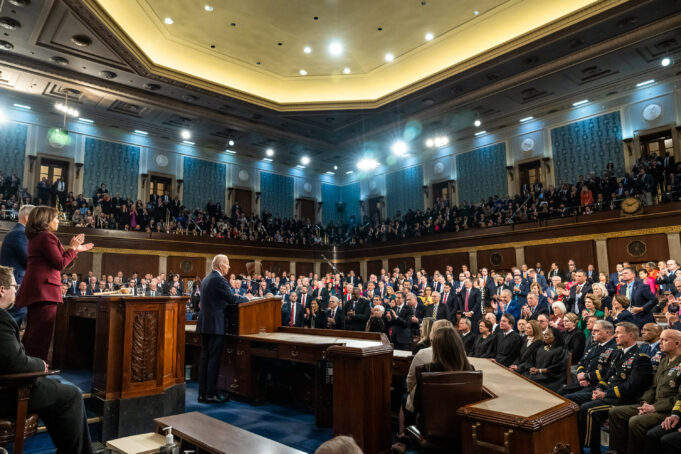U.S. federal government’s credit rating has been downgraded by international credit rating agency Fitch for the second time in the past 12 years, citing the country’s bleak economic expectations.
“The rating downgrade of the United States reflects the expected fiscal deterioration over the next three years, a high and growing general government debt burden, and the erosion of governance relative to ‘AA’ and ‘AAA-rated peers over the last two decades that has manifested in repeated debt limit standoffs and last-minute resolutions,” Fitch declared on August 1.
The decision was viewed by observers as another embarrassing blow to the U.S. government, which had long been rated as one of the safest borrowers in global finance.
“There has been a steady deterioration in standards of governance over the last 20 years, including on fiscal and debt matters, notwithstanding the June bipartisan agreement to suspend the debt limit until January 2025,” Fitch further wrote in a statement.
“The repeated debt-limit political standoffs and last-minute resolutions have eroded confidence in fiscal management,” it added.
Fitch’s downgrade comes roughly three months after U.S. President Joe Biden signed a deal to raise the debt limit just days before the U.S. was expected to default on the national debt.
The last time the U.S. credit rating was downgraded was in 2011, following a similar budget showdown that came within hours of the government defaulting on its debts.
The reputed credit rating agency warned then that the growing debt—now well over $32 trillion—and Congress’s inability to manage it in a productive and responsible way posed threats to the country’s creditworthiness.
“The government lacks a medium-term fiscal framework, unlike most peers, and has a complex budgeting process. These factors, along with several economic shocks as well as tax cuts and new spending initiatives, have contributed to successive debt increases over the last decade,” it noted.
“Additionally, there has been only limited progress in tackling medium-term challenges related to rising social security and Medicare costs due to an aging population,” it added.
The rating agency also cited domestic issues such as “increased political polarization and partisanship as witnessed by the contested 2020 election” in a June warning as reasons why investors were losing confidence in the American governance system.
Several years of high-risk partisan battles over various issues, the debt limit, in particular, Fitch said, have led to a spiraling national debt and a lack of faith in the U.S. government to handle it. (PressTV.ir)













